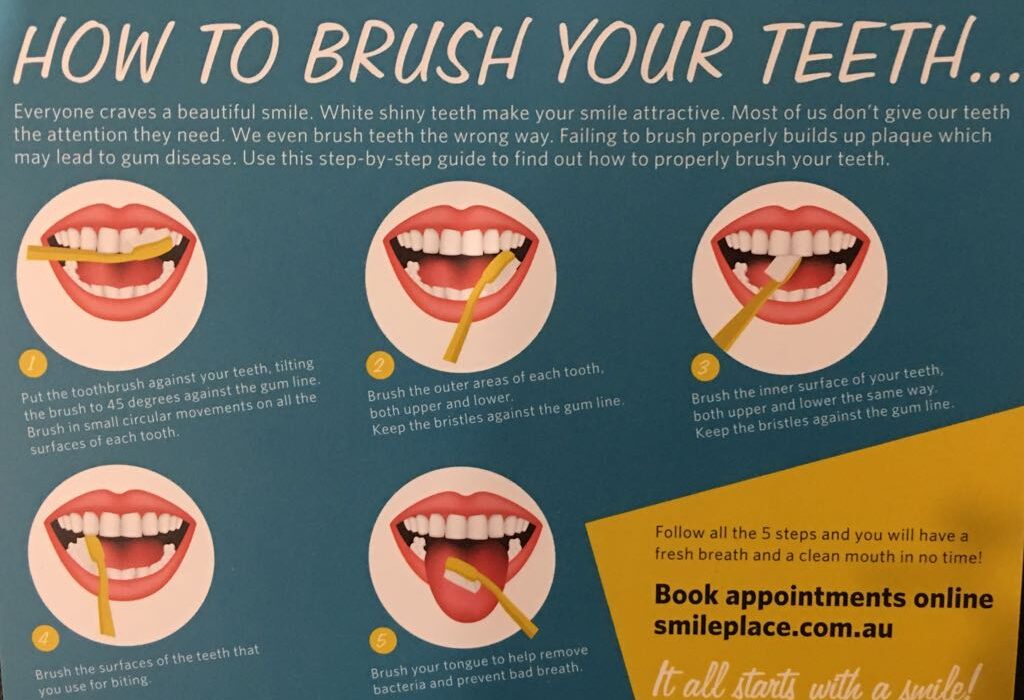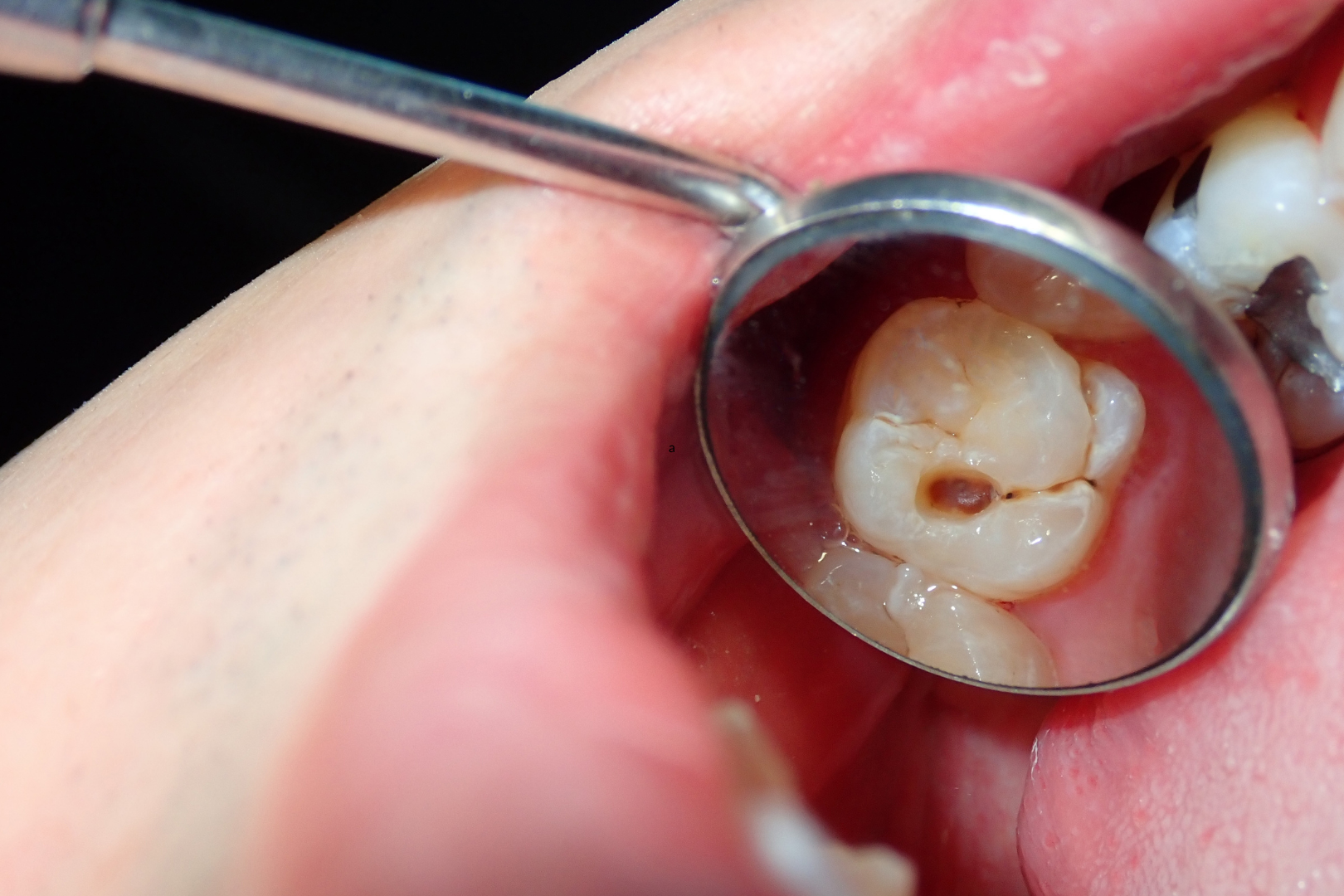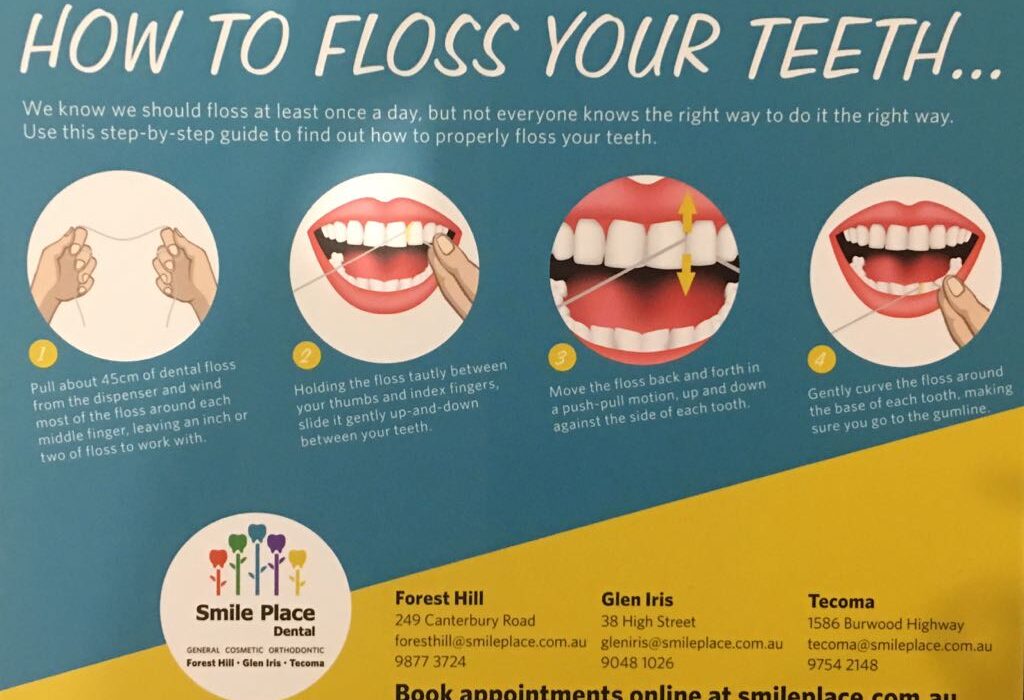
Keep it clean, keep it bright with these simple tips.
Struggling with bad breath? You’re not alone.

We all know that bad breath, or halitosis, can be downright embarrassing. That moment when people take a step back when you talk, or when you find yourself covering your mouth? We’ve all had bad breath at some point.
Here’s the thing though, according to the International Association for Halitosis Research (IAFHR), nearly 8% of the global population suffers from halitosis — that’s millions of people, so breathe easy (pun intended). You’re not alone, and you don’t have to suffer in silence.
Let’s dive into why bad breath happens and, more importantly, how you can kick it to the curb for good.
If bad breath is lingering despite your best efforts, there may be more to the story. Some causes go beyond what you eat and how well you brush — certain medical conditions can play a role. Let’s break it down.

Sometimes, bad breath isn’t just about what’s happening in your mouth — it can be a sign of an underlying health issue. Here are some common medical reasons:

Even if there’s no medical reason behind your bad breath, daily habits could be making things worse. The foods you eat, how well you care for your teeth, and even how much water you drink all play a role. Here’s how everyday habits can contribute:

Thankfully, bad breath isn’t a life sentence. With a few small changes, you’ll be feeling fresher and more confident in no time. Here are 6 easy habits to try:
Brush at least twice a day, floss daily, and don’t forget to clean your tongue — where a lot of bacteria love to hide. This simple habit can work wonders for keeping your breath fresh.
Bacteria love old toothbrushes. Change yours every three months to make sure you’re not spreading germs and ensuring you’re cleaning your teeth properly.
Water is your friend. Sip throughout the day to keep your mouth moist and rinse away food particles and bacteria. This will help prevent bad breath and dry mouth.
If you need another reason to stop, fresher breath is a great one! Smoking dries out your mouth and creates an environment for bacteria to thrive, leading to persistent bad breath.
Skip the alcohol-based mouthwashes that dry out your mouth. Opt for a natural, antibacterial mouthwash that won’t leave you feeling like you just gargled with a desert.
Certain foods can actually help freshen your breath. Crunchy fruits and veggies like apples and carrots can clean your teeth and boost saliva production. Probiotics also work wonders for reducing bad breath. But maybe ease up on the coffee and onion-heavy meals — they have a way of hanging around longer than you’d like.

Want to get a little more DIY with it? These home remedies can help fight bad breath naturally, and they’re super easy to incorporate into your routine:

If you’ve tried everything and your bad breath still won’t go away, it’s time to call in the professionals.
A dentist can check for underlying issues like gum disease, cavities, or chronic dry mouth. If your oral health is in check but the problem persists, a doctor can help identify any internal causes.
At Smile Place Dental, we get it — bad breath is frustrating. Our team is here to help you get to the root of the problem and find a solution that works for you. Don’t let bad breath hold you back — fresh, confident breath is just an appointment away.
Author Summary – Dr Chitra Rao

Dr. Chitra Rao has over a decade of experience in dentistry, specifically in the field of cosmetic and orthodontic treatments. Dedicated to achieving optimal results, she takes a detailed and personalised approach to creating beautiful, confident smiles for her patients. Outside of dentistry, Dr. Chitra enjoys staying active, traveling, and spending time with her family.

Keep it clean, keep it bright with these simple tips.

Do you brush twice a day, use a mouthwash, and still struggle with bad breath or surprise cavities? If so, the problem may be caused by inconsistent flossing. Most people skip flossing and those who do floss, often don’t do it right, leaving behind plaque and food debris. The good news? Flossing properly takes just […]

Have you sipped a cup of coffee after a teeth whitening session and wondered if it would undo the effects of your session? Or experienced that odd zing of sensitivity when consuming something too hot or cold? We get it. These are common post-teeth whitening experiences. With the right teeth whitening aftercare, you can achieve […]